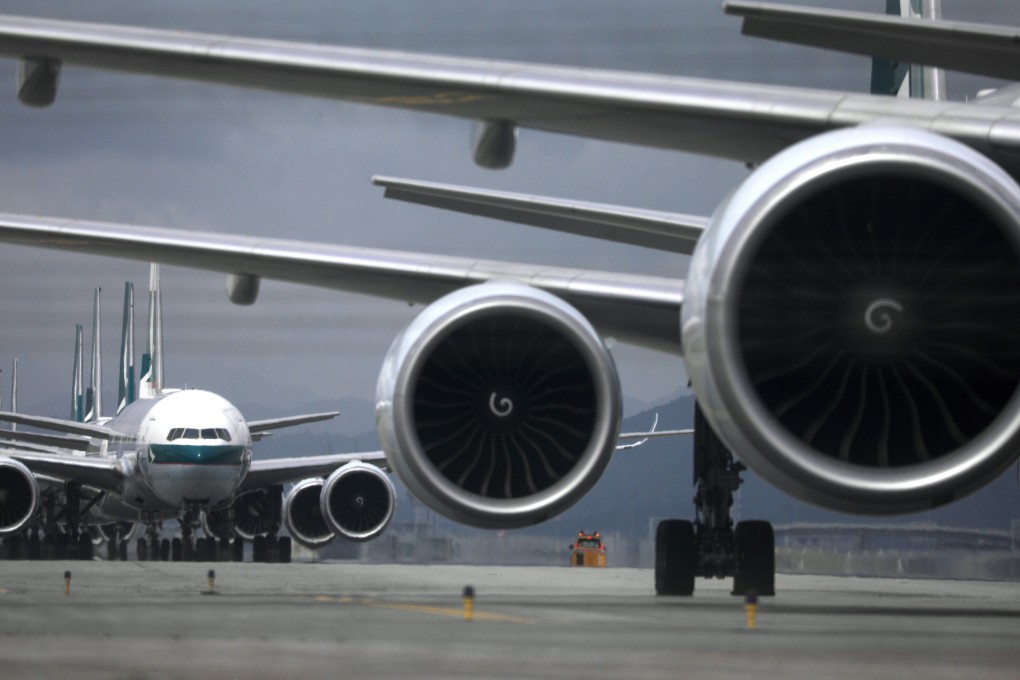Coronavirus: Hong Kong among places urged by world aviation body to test incoming travellers prior to flight to avoid surge in imported cases
- International Air Transport Association also takes opportunity to ramp up objections to mandatory quarantine, which it equates to unnecessary ‘full travel ban’
- City records 14 more imported cases, mostly from Pakistan

The global trade body for airlines has urged Hong Kong and other places with strict quarantine rules to ensure that travellers flying in from high-risk countries are tested for Covid-19 first before boarding flights to avoid the influx of imported cases that the city is currently facing.
The International Air Transport Association (IATA) reiterated its criticism of mandatory quarantining for arrivals, suggesting high-risk travellers should instead be screened at the source before allowing them in, as Hong Kong confirmed 14 more imported cases on Thursday.
They were identified as nine men and five women – 12 from Pakistan, one from India and one from the Philippines – taking the city’s total to 1,193.
Health authorities also reported on Thursday the death of a 55-year-old stroke patient, who was flown back from the Philippines via air ambulance on Tuesday and tested positive for Covid-19. He was the city’s third coronavirus fatality in a week and the seventh in total.
While Hong Kong has not recorded a local transmitted case for 12 straight days, it has been facing a surge of imported infections, primarily among residents returning from Pakistan.